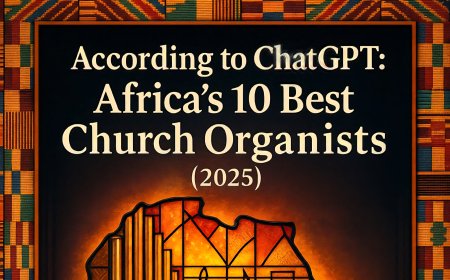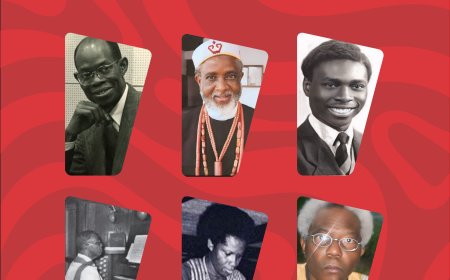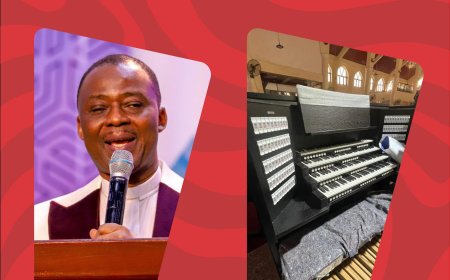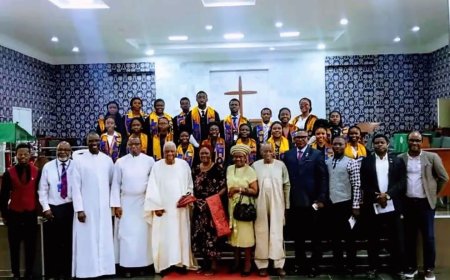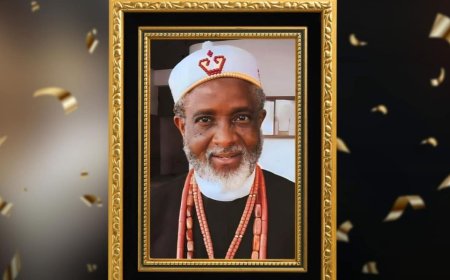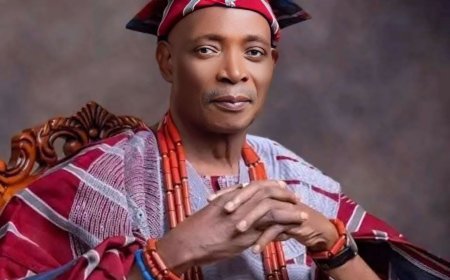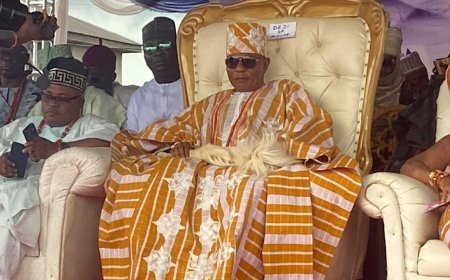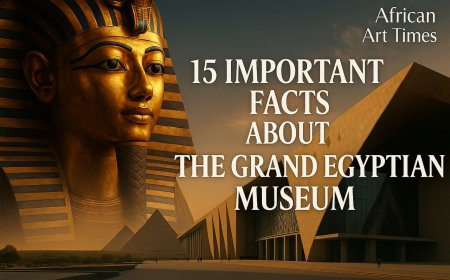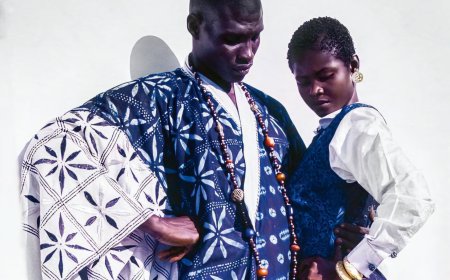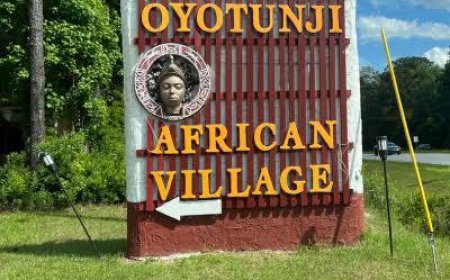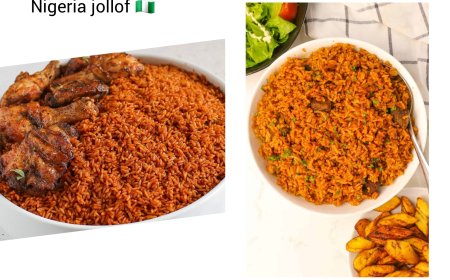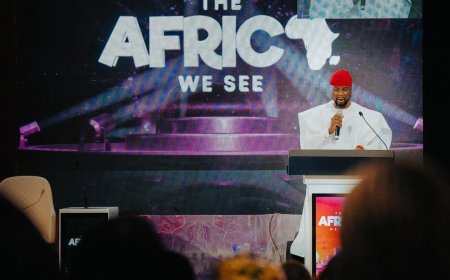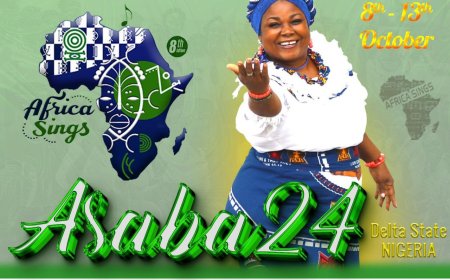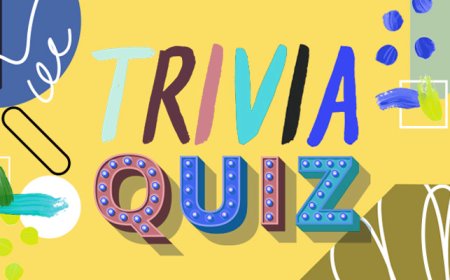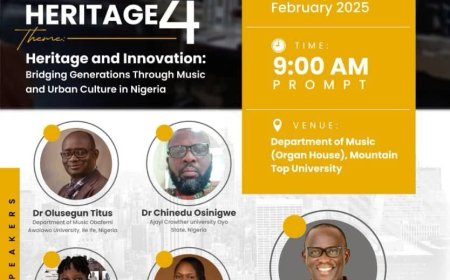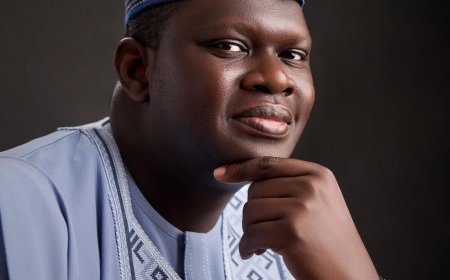10 Incredible Facts About Equatorial Guinea
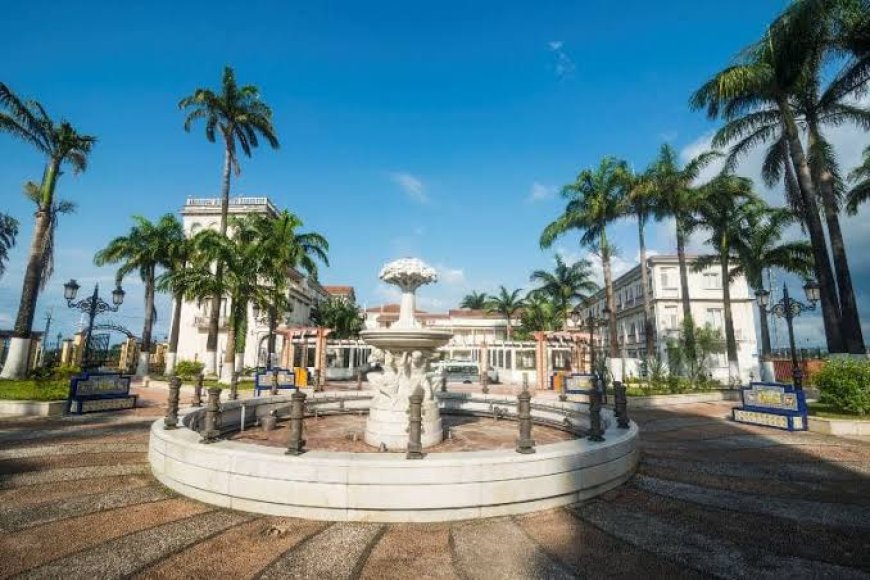
Tucked away in the heart of Central Africa, Equatorial Guinea remains a mystery to many. This tiny nation, nestled between Cameroon, Gabon, and the Gulf of Guinea, boasts an impressive array of natural resources, cultural richness, and strategic importance. As we delve into the fascinating world of Equatorial Guinea, discover the top 10 incredible facts that showcase its unique blend of African heritage and Spanish flair.
Africa's Only Spanish-Speaking Nation
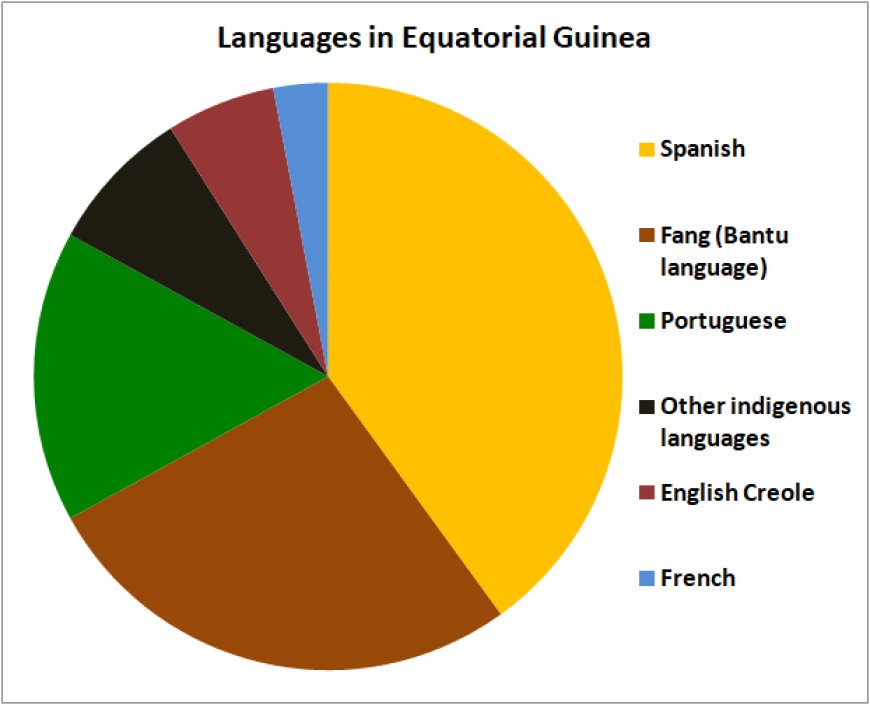
Equatorial Guinea stands out as the sole Spanish-speaking country on the African continent. This linguistic legacy dates back to its colonial past, with Spain granting independence on October 12, 1968. This distinct cultural identity sets Equatorial Guinea apart from its neighboring nations.
Biodiversity Hotspot
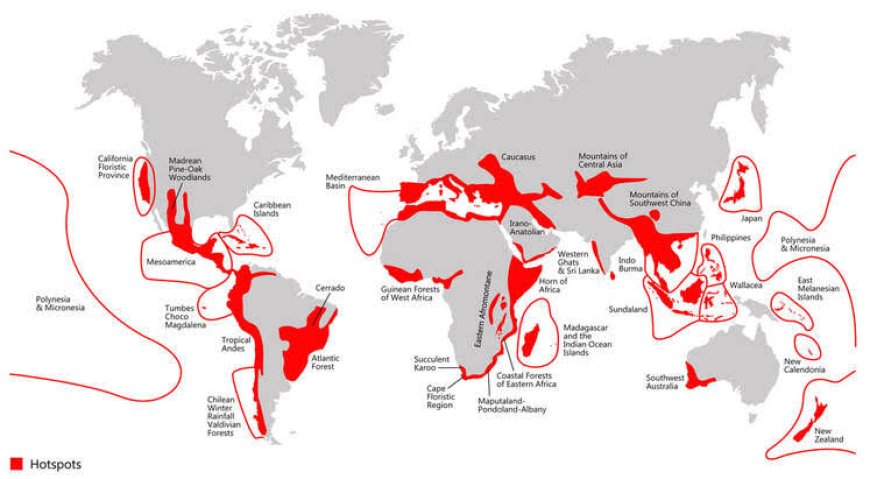
Despite its modest size (28,050 km²), Equatorial Guinea ranks third in Africa's biodiversity index. The country's lush rainforests, sprawling savannas, and coral reefs provide a haven for an astonishing array of flora and fauna.
Strategic Location

Equatorial Guinea's geographical position in the Gulf of Guinea makes it a vital player in regional security and stability. The country's coastline offers access to the Atlantic Ocean, facilitating trade and commerce.
Oil-Rich Economy
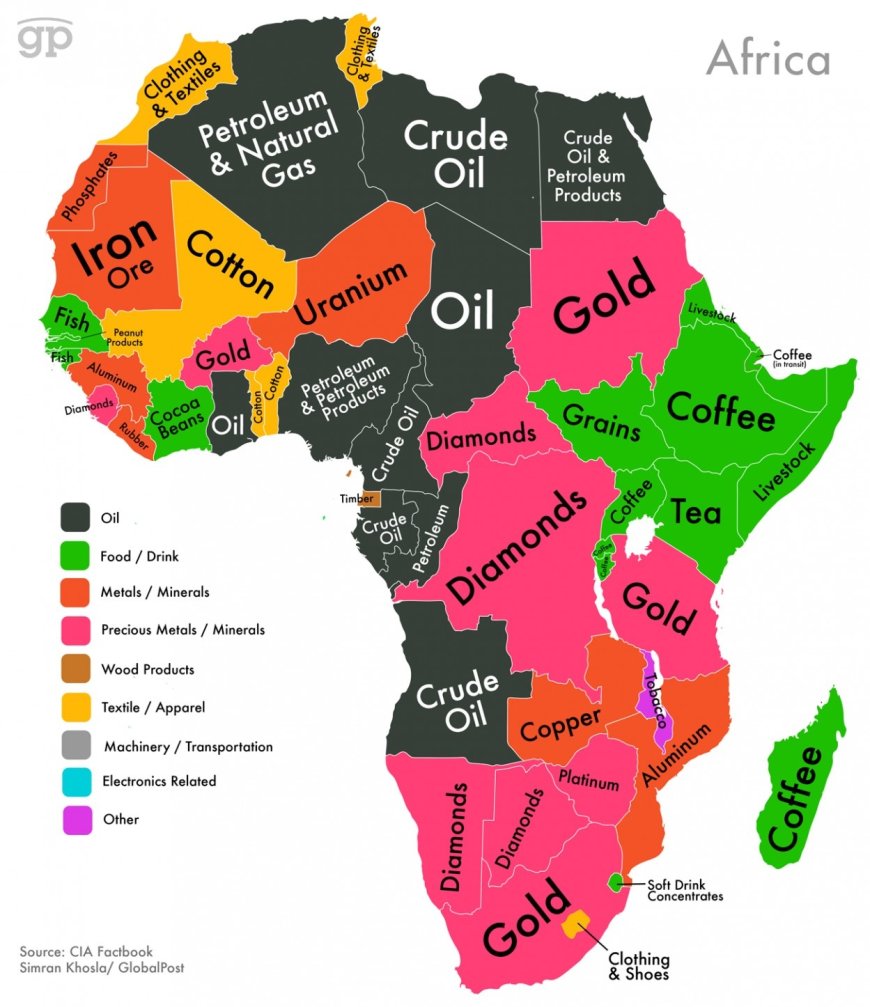
The discovery of crude oil and natural gas reserves in the late 1990s transformed Equatorial Guinea's economy. Today, the country plays a significant role in the global energy supply, with American multinationals operating key extraction projects.
Island Capital
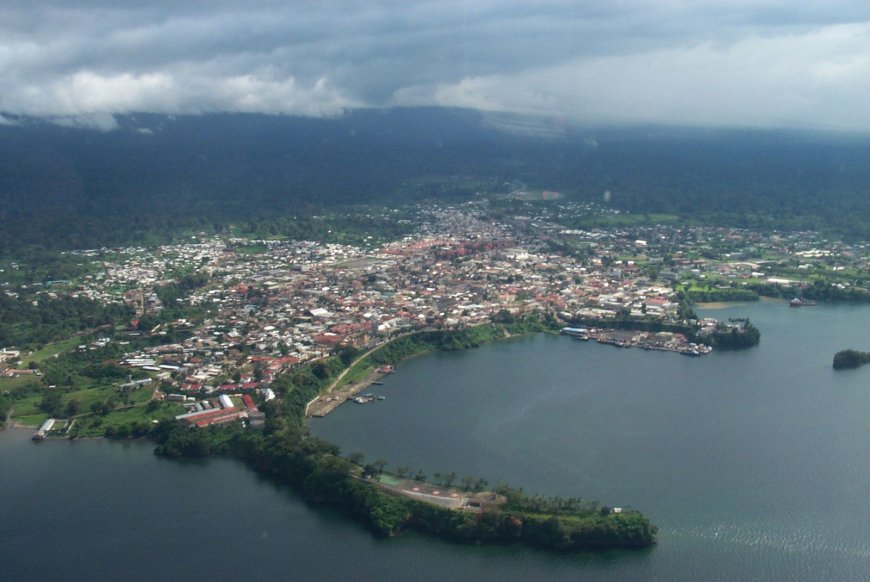
Malabo, the capital city, is situated on the island of Bioko, which, along with Annobon, forms the Insular Region. This unique administrative division reflects the country's complex history and cultural diversity.
Continental and Insular Regions
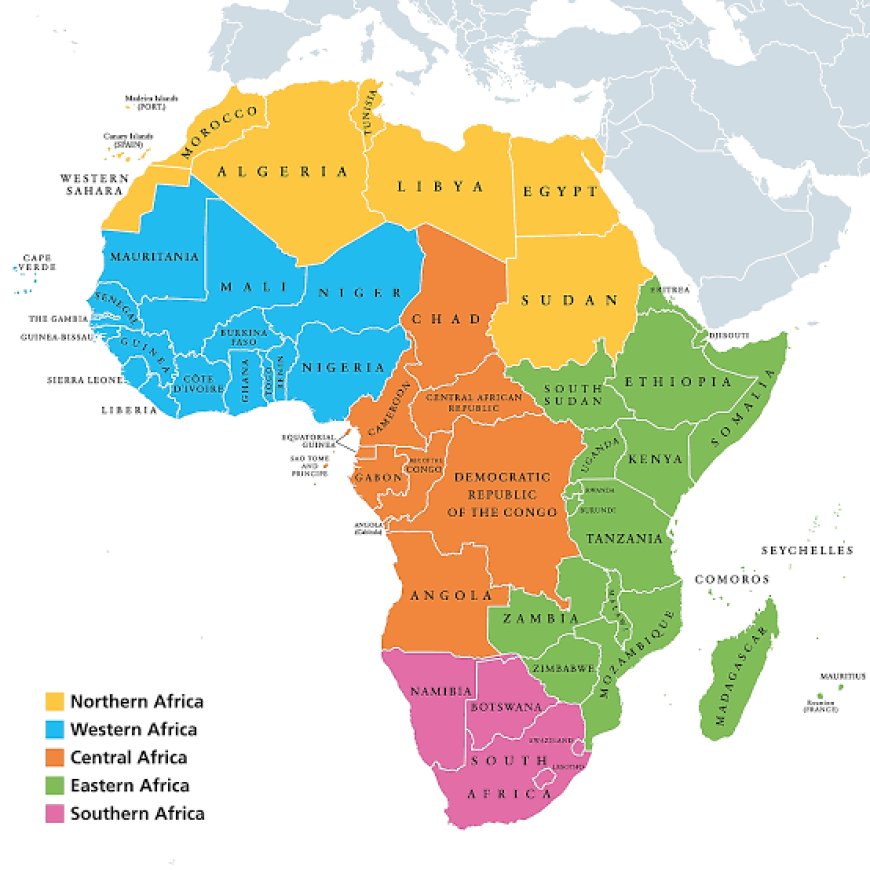
Equatorial Guinea is divided into two distinct administrative regions: the Continental Region, with Bata as its capital, and the Insular Region. This separation underscores the country's varied geography and cultural identities.
Hosting International Events
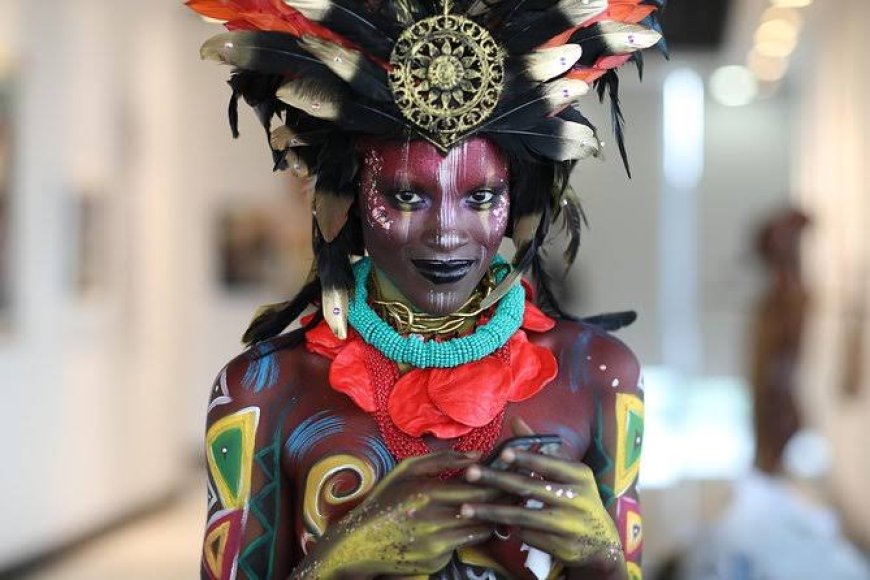
Equatorial Guinea has emerged as a key player in regional diplomacy, hosting the African Union Summit in 2011 and 2014. These high-profile events demonstrate the country's growing international influence.
Cultural Heritage
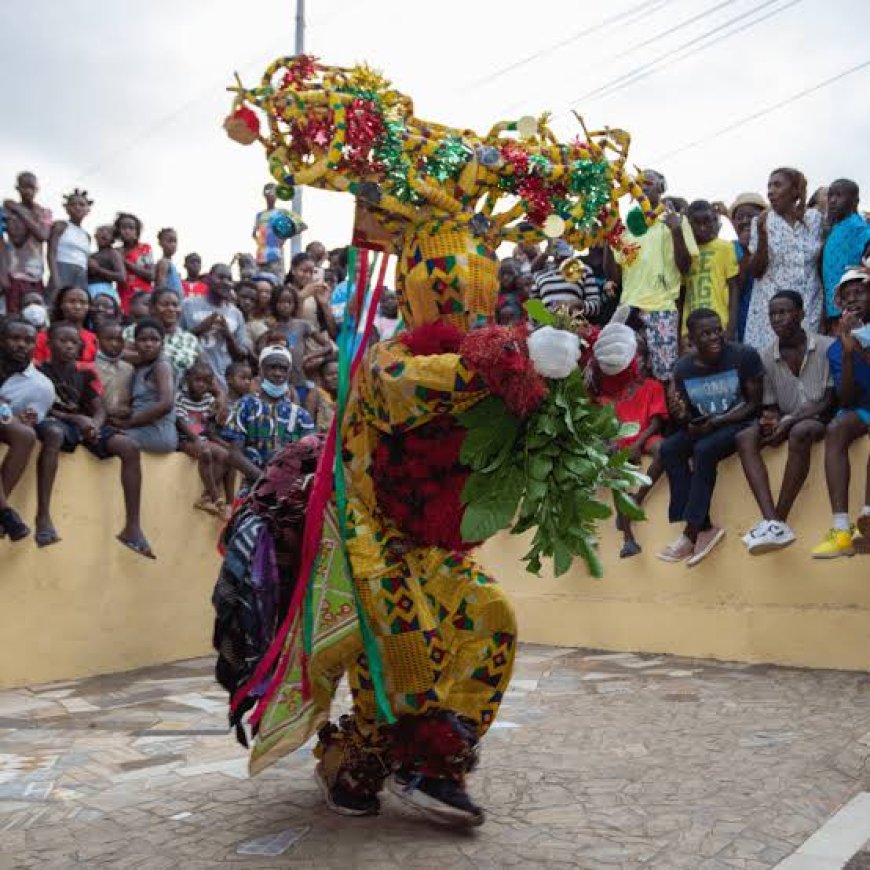
Equatorial Guinea's cultural landscape reflects its complex history, blending African traditions with Spanish colonial influences. The country's vibrant music, art, and cuisine showcase its rich cultural diversity.
Economic growth
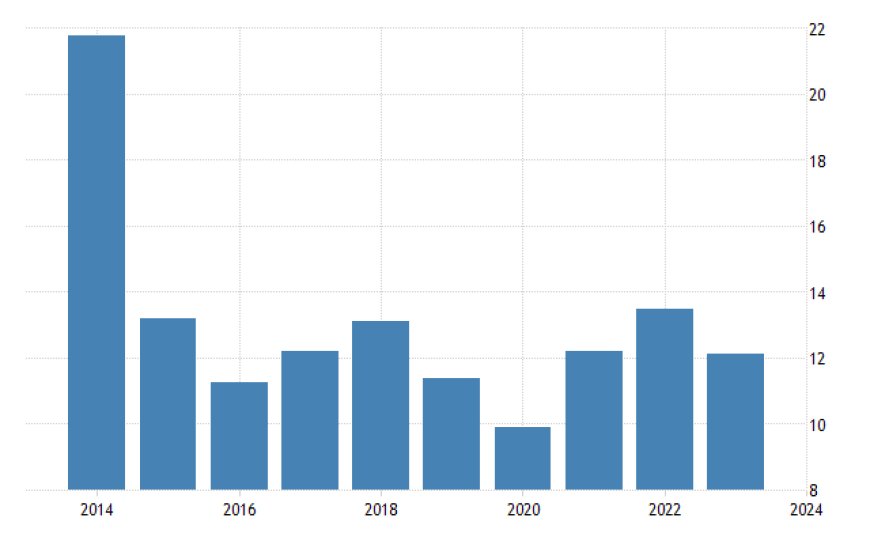
Equatorial Guinea has experienced rapid economic growth, driven by its energy sector. This development has enabled investments in infrastructure, education, and healthcare.
Pillar of stability
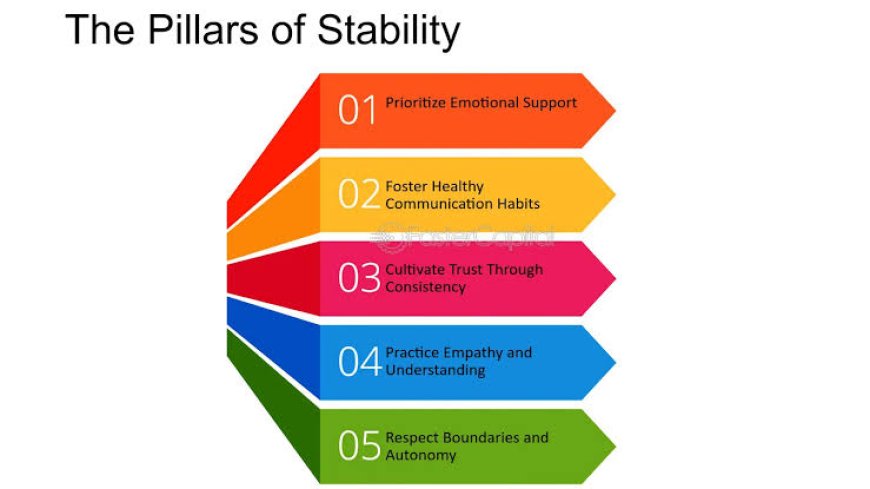
In a region often marked by instability, Equatorial Guinea has established itself as a beacon of security and stability. The country's commitment to regional cooperation and economic development has earned it recognition as a vital partner in Central Africa.
In conclusion, Equatorial Guinea's unique blend of African heritage, Spanish culture, and natural resources makes it a fascinating country to explore. As this hidden gem continues to grow in prominence, its strategic location, economic development, and cultural richness ensure its place as a vital player in Africa's future.
What's Your Reaction?







